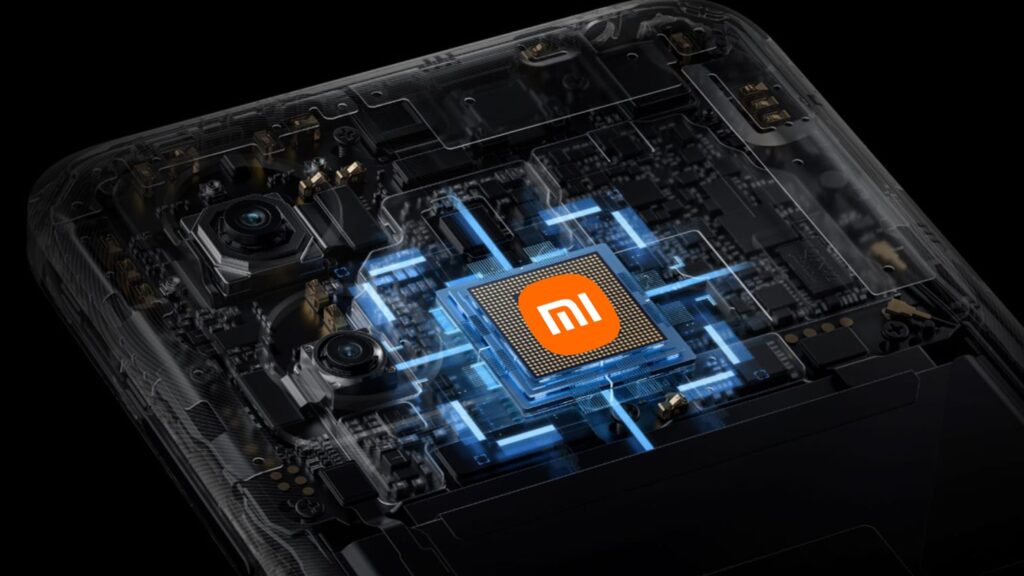A bombshell report has sent ripples across the global technology industry, revealing that highly sensitive 2-nanometer (2nm) chip manufacturing secrets have reportedly been stolen from Taiwan Semiconductor Manufacturing Company (TSMC), the world’s leading contract chipmaker. The audacious theft could have significant repercussions, with experts warning it may directly impact the development and availability of future smartphones, particularly those from Chinese tech giant Xiaomi.
The Heart of the Matter: TSMC’s 2nm Edge
TSMC is at the forefront of semiconductor innovation, constantly pushing the boundaries of miniaturization and performance. Their highly anticipated 2nm chip technology represents the next generation of computing power, promising incredible speed, efficiency, and capabilities for everything from artificial intelligence to the latest smartphones. These chips are not just smaller; they are designed to be vastly more powerful and energy-efficient than current models, making them crucial for the advancement of consumer electronics.
The alleged theft of these proprietary secrets is a critical blow, as it involves the blueprint for a technology that is still largely under wraps and pivotal for TSMC’s competitive edge in the fiercely contested chip manufacturing landscape.![]()
How Xiaomi Could Be Hit
Xiaomi, a major global smartphone manufacturer, relies heavily on advanced chip technology from suppliers like TSMC to power its flagship devices. If TSMC’s 2nm secrets have indeed been compromised, it could lead to several potential problems for Xiaomi:
- Delayed Launch Cycles: Security breaches and investigations can disrupt production timelines. If TSMC faces setbacks in its 2nm development or production due to the theft, it could delay the availability of these cutting-edge chips. This, in turn, could push back the launch dates of Xiaomi phones planning to use this advanced silicon.
- Performance Compromises: While unlikely, if the stolen data were used by competitors to develop their own 2nm tech faster, it could diminish the unique performance advantage that TSMC’s chips would offer. This might force Xiaomi to rely on less advanced alternatives, potentially impacting the performance or features of their future devices compared to competitors.
- Supply Chain Instability: Any security incident of this magnitude can create uncertainty in the supply chain. Xiaomi needs a stable and reliable supply of the best chips to remain competitive.
For consumers, this could mean waiting longer for the most anticipated Xiaomi flagships or seeing devices launched with slightly less advanced processors than originally envisioned, impacting their performance or battery life expectations.![]()
Wider Industry Implications
This incident goes beyond just TSMC and Xiaomi. The theft of such high-value intellectual property poses a significant threat to the entire semiconductor industry. It highlights the escalating global competition for technological dominance and the increasing sophistication of industrial espionage. Companies heavily reliant on TSMC for their chip supply, including tech giants like Apple, Qualcomm, and Nvidia, will be closely watching the fallout.
TSMC has yet to release a detailed statement on the matter, but an internal investigation is reportedly underway. The full extent of the breach and its long-term impact on the global tech landscape remains to be seen, but one thing is clear: the race for next-generation technology just got a lot more complicated.






